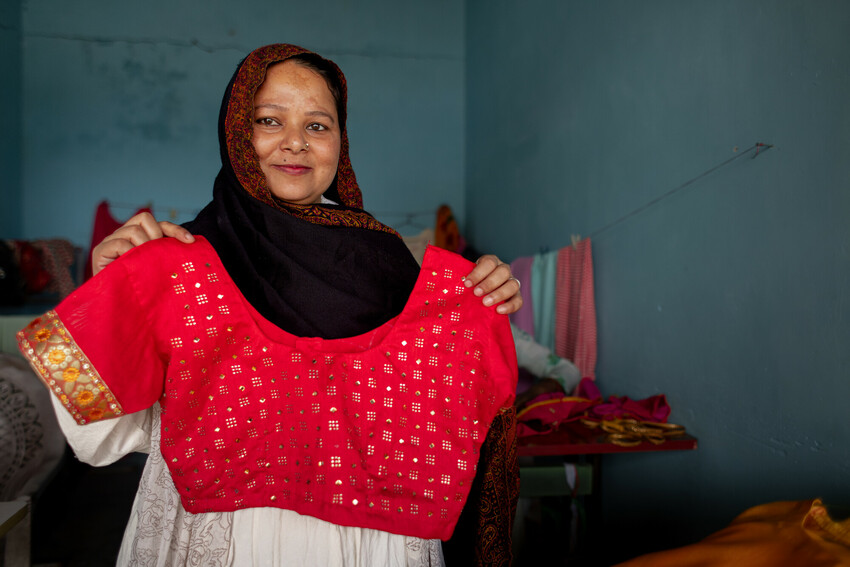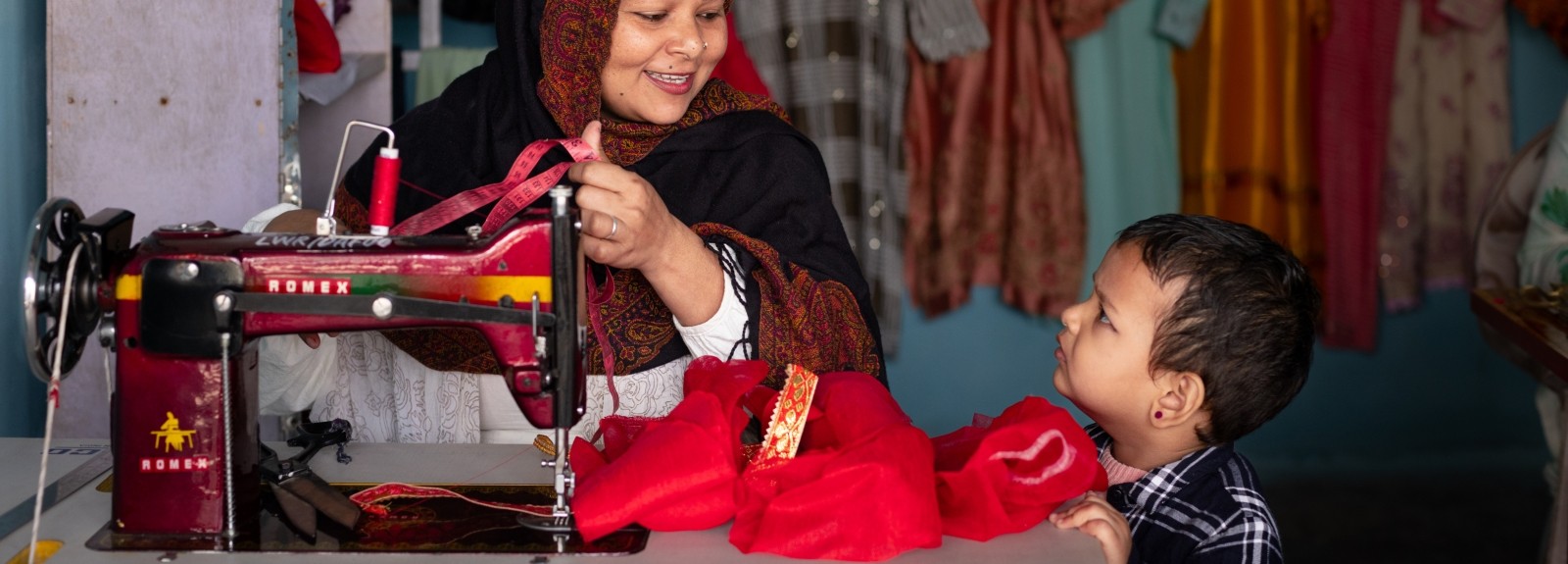By Indra Maya Shankar, Gender Equity and Social Inclusion Specialist, Corus International
Gender-based violence in Nepal
Gender-based violence (GBV) is a critical issue globally, with Nepal being no exception. Women and girls in Nepal face various forms of violence, such as physical, psychological, socio-economic, and sexual abuse, aggravated by entrenched social, cultural, and economic norms. The Nepal Demographic Health Survey (NDHS) 2022 reports that one in three Nepali women aged 15-49 has experienced some form of violence. Between July 2021 and July 2022 alone, over 21,568 cases were reported, with actual figures likely higher due to underreporting.
Nepal’s government has taken steps to combat GBV, including ratifying the Convention on the Elimination of All Forms of Discrimination Against Women 1979 (CEDAW) and enacting laws like the Domestic Violence (Crime and Punishment) Act 2009, the Rape Act 2016, which criminalizes marital rape, and the Sexual Harassment at Workplace (Prevention) Act 2015. Local judicial committees are now required to connect survivors with support services, such as One-Stop Crisis Management Centers, safe houses, the police, and legal aid, ensuring timely access to resources. However, despite this progress, local government efforts to address GBV remain weak and more needs to be done to prevent, mitigate and respond to GBV in Nepal.
Fighting gender-based violence with economic empowerment
GBV is not only a violation of human rights that undermines the safety and dignity of individuals, but it is a public health crisis that destabilizes the economic stability and security of communities and nations. That is why we at Corus International intentionally weave interventions aimed directly at addressing GBV into our health, economic development, and humanitarian programs across the globe.
Corus organization Lutheran World Relief has worked in Nepal since 2009, supporting marginalized communities, including Dalits, indigenous groups, and women, with enterprise and livelihoods development, equitable health care access, disaster risk reduction, and humanitarian assistance. Our Nepal Country Director Kiran Ojha emphasizes, "We are committed to an equity-based approach, addressing the unique needs of marginalized and vulnerable communities. Through initiatives that foster independence and economic stability and protection, we see women and young people gaining resilience against cycles of violence."
One such initiative making a difference for survivors of GBV in Nepal is Lutheran World Relief’s “Youth and Women Entrepreneurship Development Project.” The project helps women, some of whom are survivors of GBV, develop entrepreneurial skills and secure the resources they need to achieve economic independence and make empowered decisions within their households, which has been proven to reduce instances of domestic violence.
Nasrin’s journey to independence
In Bardiya, Nepal, 28-year-old Nasrin is crafting a new life for herself and her three-year-old daughter, Jira. After enduring four years of abuse from her husband, Nasrin made the brave decision to leave him. With support from her religious community, she was able to separate despite not being legally divorced—a choice she made to ensure a safe environment for her and Jira.
Determined to build a stable future, Nasrin enrolled in a three-month training program offered by Lutheran World Relief and Dalit Family Upliftment Organization (DAFUO) as part of the “Youth and Women Entrepreneurship Development Project.” Through the training, she learned tailoring, sewing machine repair, and business management skills. Provided with this knowledge, Nasrin partnered with Rupa Lohar, a fellow project participant, to launch a tailoring business, renting a small shop from her father.

Nasrin started to earn about 15,000 NPR (approx. $111) per month and has the goal of expanding her business to secure her daughter’s education. She dreams of one day seeing Jira become a doctor. Proud of her newfound independence, Nasrin says, "I don't have to extend my hand to anyone."
Nasrin’s journey reflects our commitment to creating opportunities for women to thrive despite challenging circumstances. Her success is not just a personal triumph but a testament to how economic empowerment and community support can provide a pathway out of hardship.

